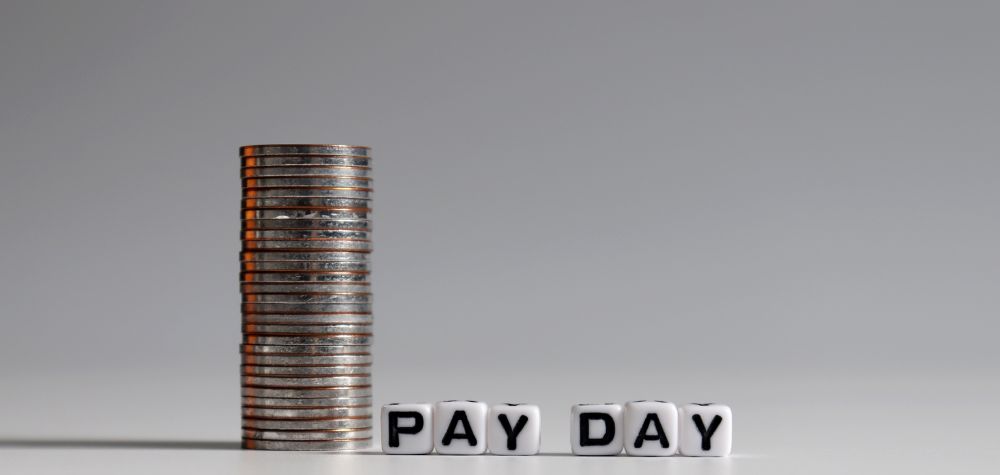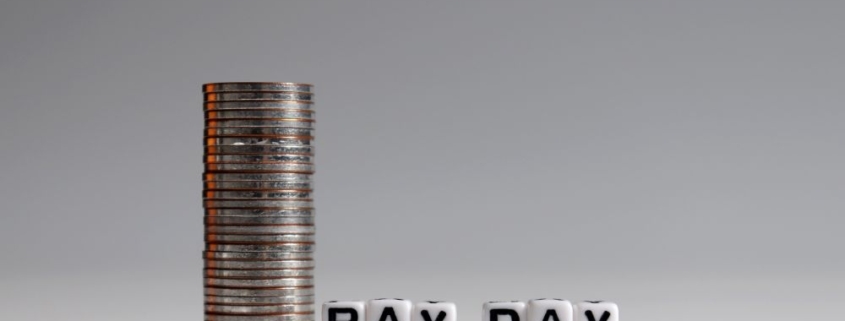How To Create A Payday Budget For Spending Less

Payday is always a great feeling—your hard work has paid off, and your bank account gets that much-needed boost.
But before you start spending, it’s important to think about how to make that money last until the next payday. Budgeting might not sound like the most exciting thing, but it’s a powerful tool that can help you take control of your finances and reduce stress.
Let’s dive into some simple and friendly tips on how to budget your payday and make the most of your money.
-
Start with the Essentials
When your paycheck comes in, the first step is to take care of the essentials. These are the non-negotiables like rent or mortgage payments, utilities, groceries, and any other bills that you need to cover.
It’s a good idea to set up automatic payments for these expenses so that you don’t have to worry about missing due dates. Once you’ve covered your essentials, you’ll have a clearer picture of what’s left to work with for the rest of the month.
-
Set Aside Savings
Paying yourself first is a great habit to get into. Before you start spending on anything else, set aside a portion of your income for savings.
Whether you’re saving for an emergency fund, a big purchase, or just for the future, putting money into savings regularly helps you build financial security.
Even if it’s just a small amount, it all adds up over time. Consider setting up a separate savings account and automating your savings transfers to make this process even easier.
-
Create a Spending Plan
Once your essentials and savings are taken care of, it’s time to create a spending plan for the rest of your money.
Think of it as permitting yourself to spend—just with a little more intention.
Break down your remaining funds into entertainment, dining out, and personal spending categories. This way, you can enjoy your money guilt-free, knowing that you’ve already covered your priorities.
-
Keep an Eye on Discretionary Spending
We all have those little extras that we like to indulge in—whether it’s a daily coffee run, a new outfit, or a spontaneous night out. While it’s important to enjoy your money, it’s also easy for these discretionary expenses to add up quickly.
To keep things in check, consider giving yourself a weekly or daily spending limit for these extras. This approach helps you stay on track without feeling deprived.
-
Review and Adjust Regularly
Life changes, and so do your financial needs. That’s why it’s essential to review your budget regularly and adjust as needed. Maybe you got a raise, or maybe your rent went up—whatever the case, revisiting your budget ensures that it stays aligned with your current situation. It’s also an excellent opportunity to celebrate your progress and see how far you’ve come in managing your money.
Budgeting your payday doesn’t have to be a chore.
By taking a little time to plan and prioritise, you can make the most of your money and reduce financial stress. Remember to start with the essentials, pay yourself first by setting aside savings, and create a spending plan that allows you to enjoy your hard-earned cash.
With a budget in place, you’ll feel more confident and in control of your finances, making every payday something to look forward to.




